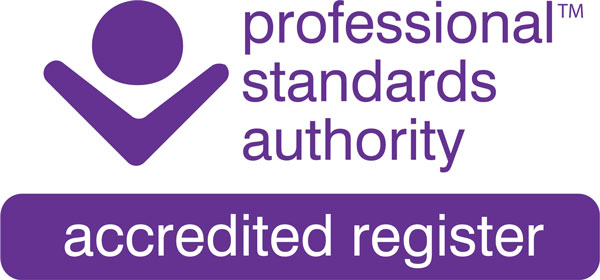Effective counselling and psychotherapy checklist
This checklist sets out what we believe clients should look for in a psychotherapist or counsellor in order to solve their difficulties quickly and safely. All human givens therapists are taught these skills.
There is no meaningful difference between a counsellor and a psychotherapist – they do the same work. It is just that different training organisations have tended to opt for different titles. What counts is how effective they are at relieving emotional disorders.
An effective psychotherapist or counsellor:
- knows how to build rapport quickly with distressed people
- understands depression and how to set about lifting it straight away
- can help immediately with anxiety problems including panic attacks, nightmares, trauma, PTSD, phobias or other fear-related symptoms
- is prepared to give advice if needed or asked for
- will not use jargon or ‘psychobabble’
- will not tell you that counselling or psychotherapy has to be ‘painful’ (it definitely does not have to be painful)
- will not dwell unduly on the past
- will be supportive when difficult feelings emerge, but will not encourage you to get emotional beyond the normal need to ‘let go’ of any bottled up problems
- will assist you, if necessary, to develop your social skills so that your needs for affection, friendship, pleasure, intimacy, connection to the wider community etc. can be better fulfilled
- will help you to draw and build on your own resources (which may prove greater than you thought)
- will be considerate of the effects of counselling / therapy on the people close to you
- will teach you to relax deeply
- will help you think about your problems in new and more empowering ways
- will use a wide range of therapeutic techniques
- may ask you to do things between sessions
- will take as few sessions as possible
- will increase your self confidence and independence and make sure you feel better after every consultation.
How is human givens therapy different from other therapeutic approaches?

